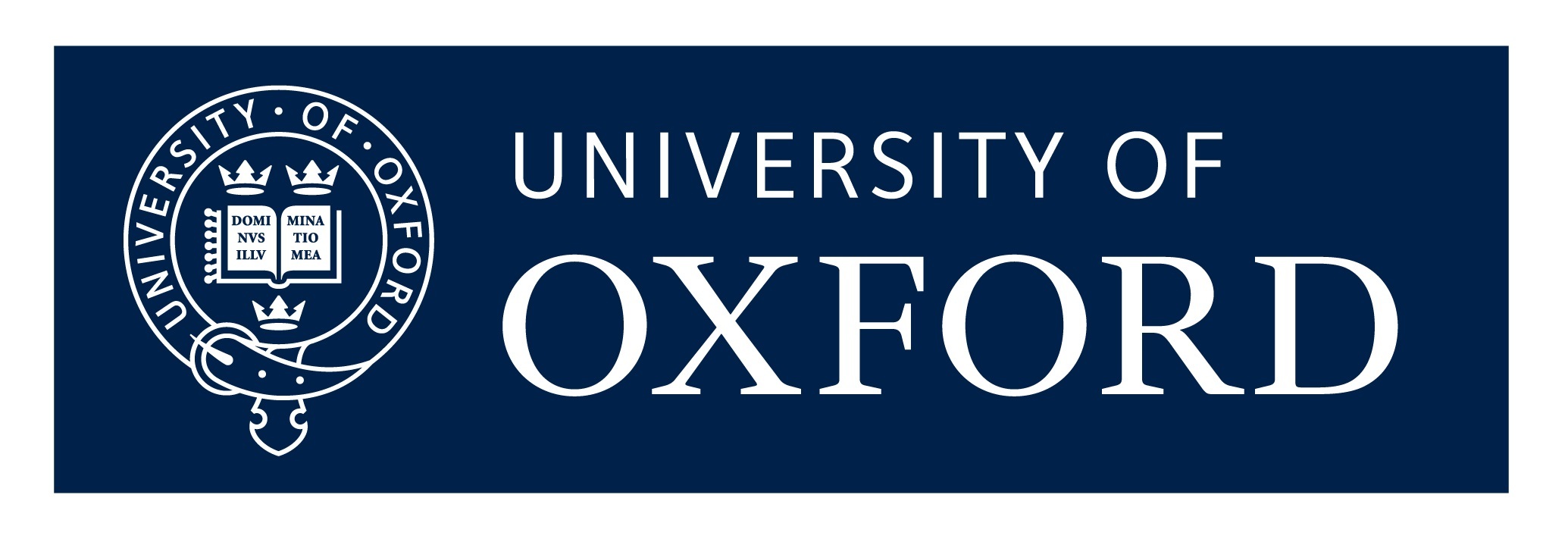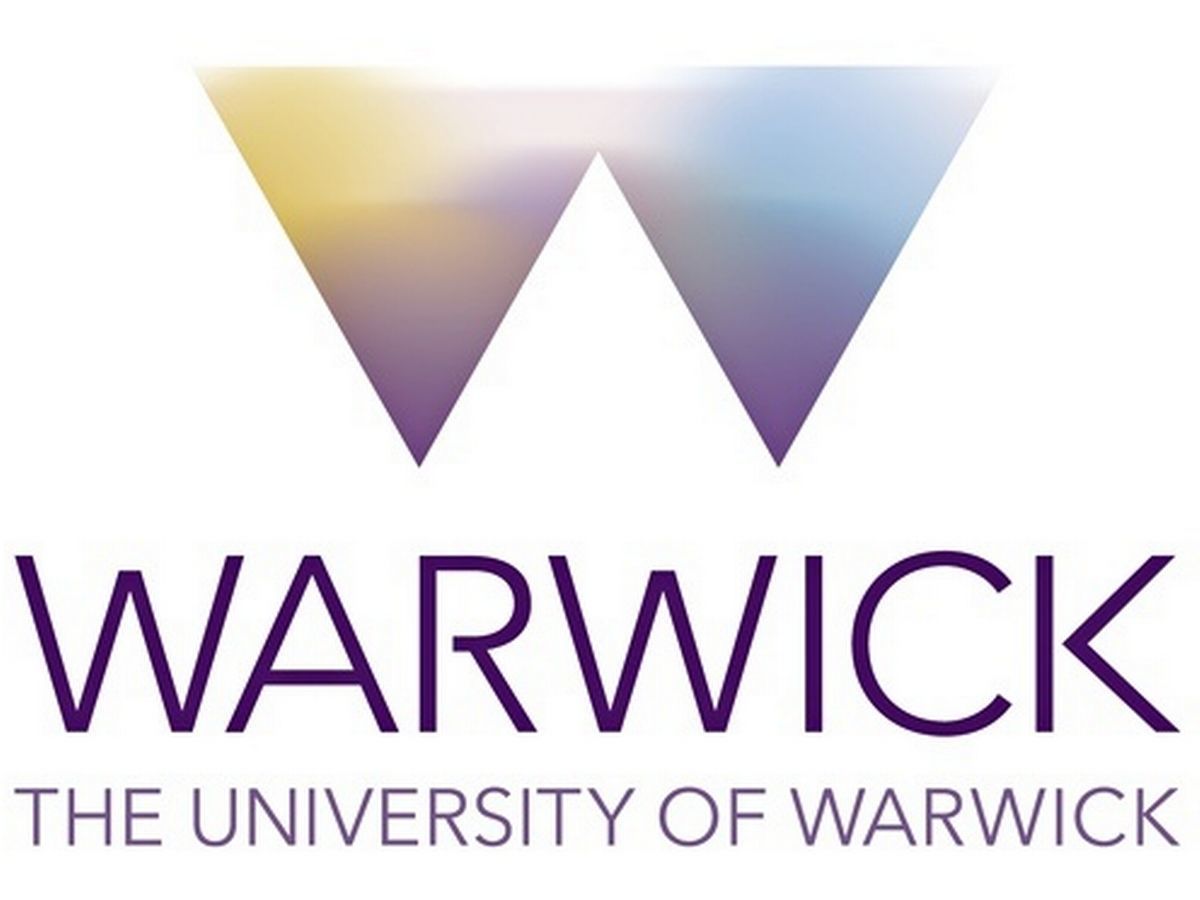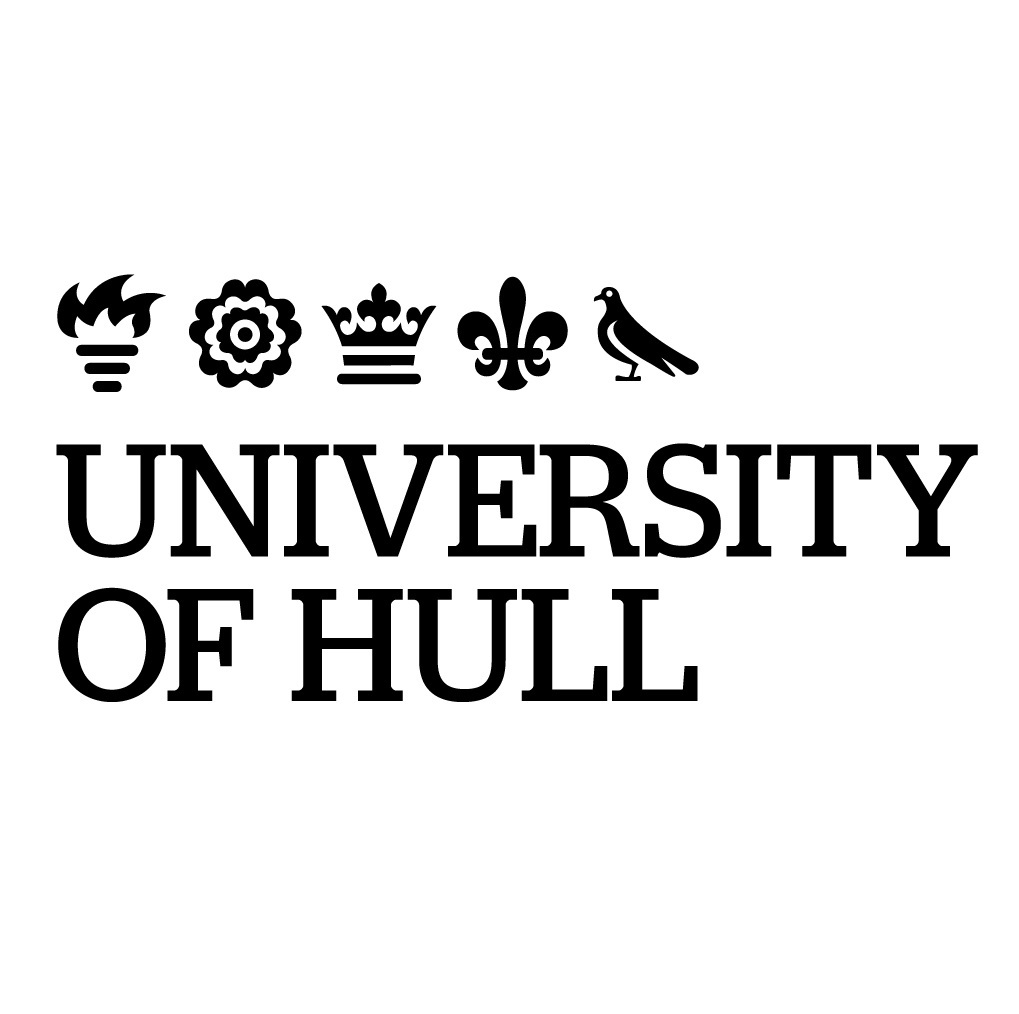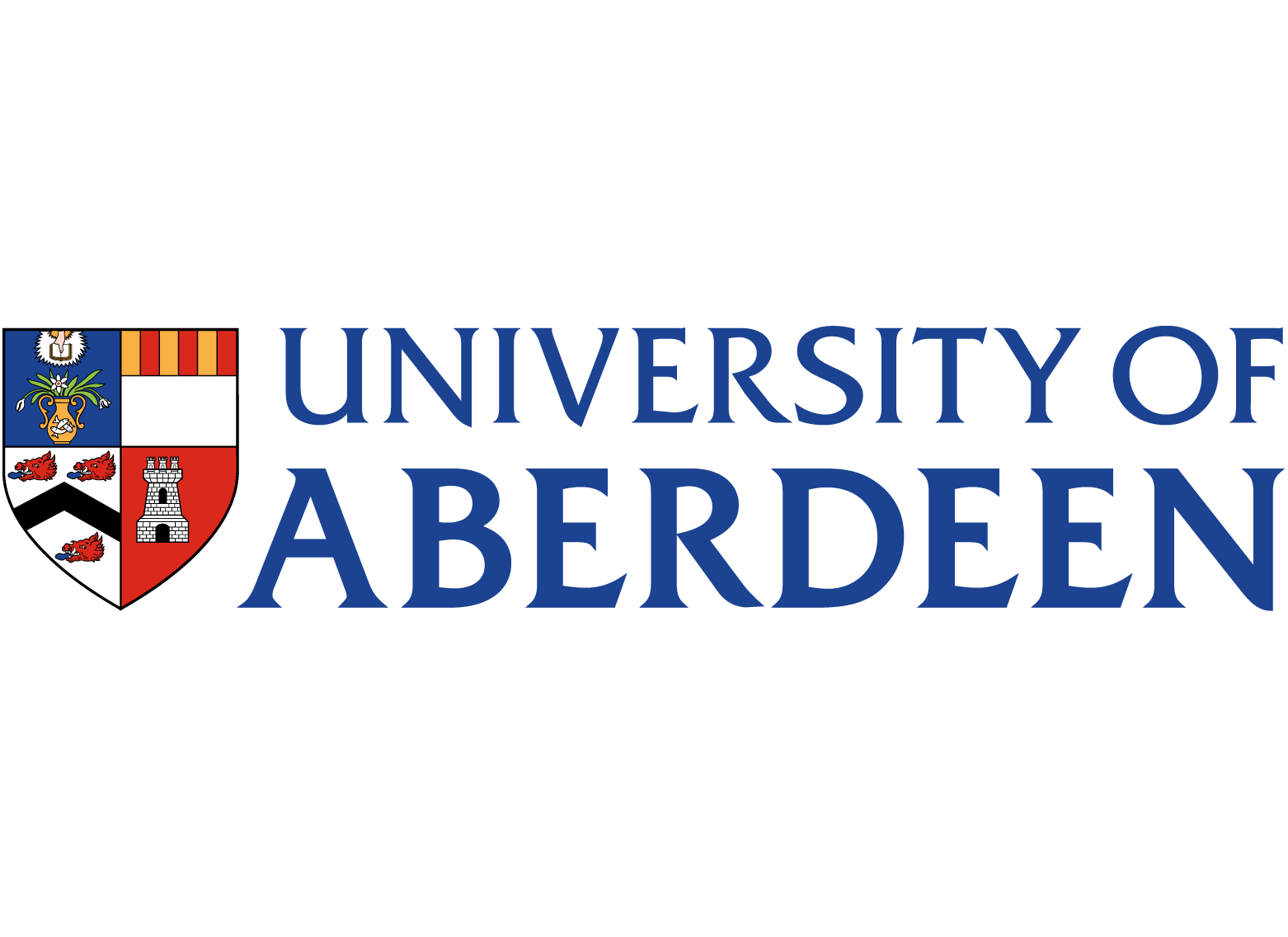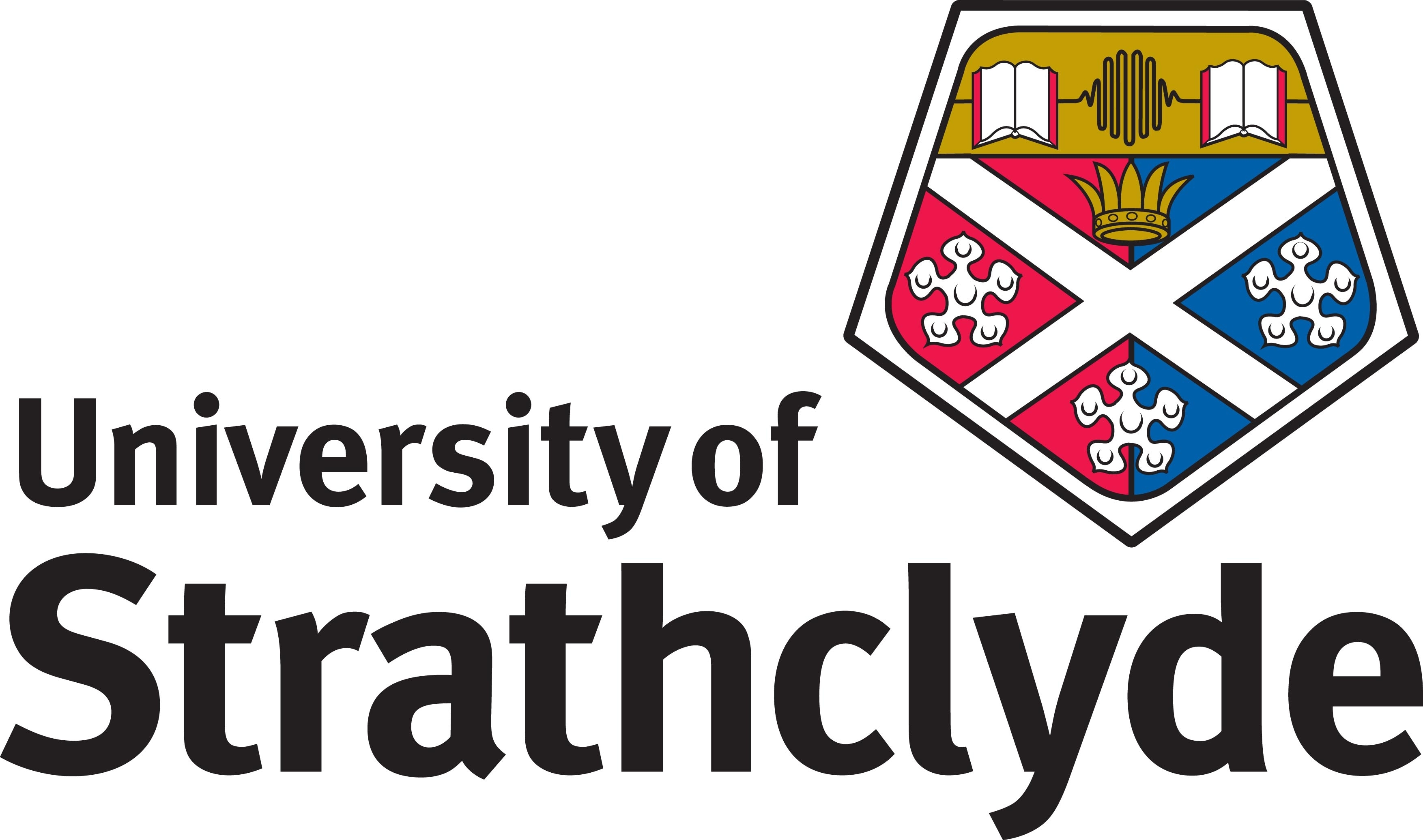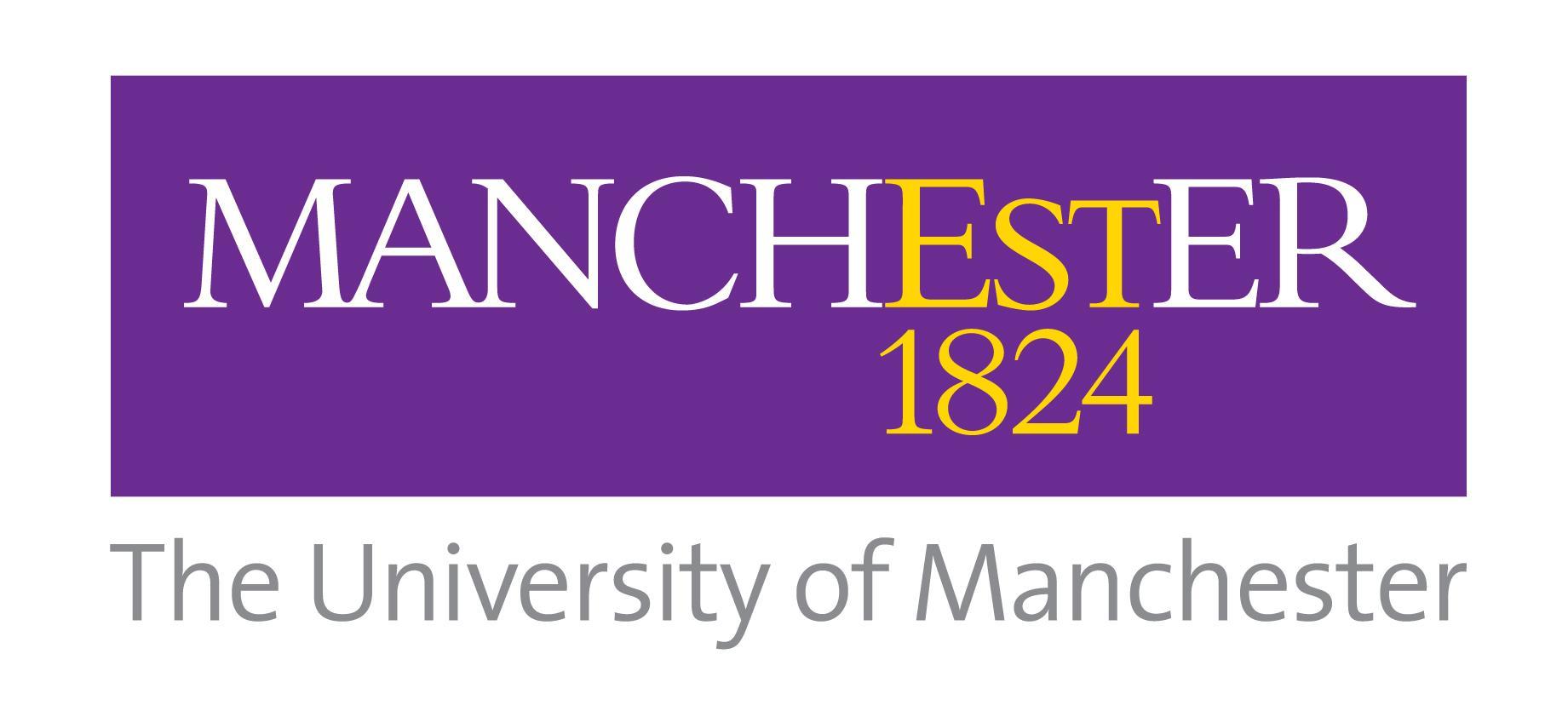The call for proposals for the Sixth Flexible Funding Call is now closed. To stay in touch abut future opportunities, join the Network Newsletter.
Frequently Asked Questions
1) You require 2 pages track record and 4 pages case for support. Is there more details on what to include, or application form/template? Or is it following the standard EPSRC format for the track record and case for support?
There is no template or application form for proposal submissions. Full details of what to include within the proposal is provided within the call document and we are open as to how these details are formatted within the 4 page case for support.
2) I am not a 'member' of Supergen ORE Hub, can I apply?
You do not need to be a member of the Supergen ORE Hub to apply to the flexible fund
3) A distinction is made between a supplier and a sub-contractor participating in this project. Could you please outline what you consider to be the distinction between these terms?
The distinction between a supplier and a sub-contractor is that a sub-contractor is an organisation that undertakes all or part of the proposed research for a fee, and does not form part of the research team, i.e. a third party that undertakes the work for the research team. Whereas a supplier is an organisation that provides goods or services that are required by the research team to undertake the research, and any costs associated with the supplier form part of the research team costings.
4) In the event of projects involving fieldwork campaigns, it may be advantageous to have two summer periods (e.g. 2023 and 2024) followed by a write up period. What is the maximum duration of projects under this call? If additional funding is secured for a project so that two person years of effort is available, is it possible to run a 24 month project?
It is possible for a project to run over 2 years so long as it is complete before the end date of the Supergen ORE Hub (30 June 2027) and it is within the £100k maximum budget. The £100k budget is effectively equivalent to a 1 year PDRA position, but this can be approached as 2 years at 0.5FTE or at a combination of grades and posts totalling the equivalent of 1 year of PDRA time (i.e. £100k).
5) How rigid is the start date for successful proposals?
We recognise that anticipated start dates as per the call document may not always be feasible and therefore start dates are subject to discussion with successful proposals. We would like projects to start as close to this date where possible however to ensure that they can be delivered within the lifetime of the Hub
6) Can you please clarify what is meant by 'additionality' in the 'Track Record' document required?
Additionality: An explanation of how the proposed work will benefit from the funding and how the expertise of the proposal team will be exploited to accelerate and maximise impact whilst clearly articulating how leveraging the funding will deliver additionality to the wider ORE research, as set out in the call document.
7) Should proposals cover all aspects of the key research challenge themes? For example, if addressing key research challenge theme A – is the expectation that the proposal should address challenges A1 to A4?
There is not an expectation that if a proposal is looking to address a key research theme, e.g. A, that it has to address all four of the challenges within that theme, i.e. A1 to A4. Proposals can look to address only one challenge or a combination of challenges from across all of the different research themes.
8) Is the flexible fund meant to be for existing projects that require complement funding only or it could target new ideas that are not fully implemented yet?
The flexible fund is not just targeted at complementing existing research and can be used for targeting new ideas that are not fully implemented yet
9) Do applications have to consider both wave, tidal and offshore wind together as ORE or is it fine to consider either one or two concepts such as offshore wind only, tidal only, offshore wind + tidal, or tidal + wave etc.?
Proposals do not need to consider wave, tidal and offshore wind together. A proposal can focus on just one technology area or a combination of two or all three technology areas
10) Are we are able to claim investigator time and indirect/estates costs for flexible fund projects, requested at 80% as per UKRI standard rates?
Yes, proposals will be able to claim investigator time and indirect/estates costs for the flexible fund, and these will be at 80% as per standard UKRI rates
11) Do we need to find a matching contribution from industry for this call?
We are not requesting that flexible funds for successful proposals need to be matched on a 1 to 1 basis with industry funding. We strongly encourage industry involvement and collaboration but have not stated an expected match rate to enable a range of proposals to come forward.
12) Are you looking for full itemised costing within proposals?
We do not require a fully detailed and itemised costing, but would suggest that the total cost in proposals is broken into the main headings of Directly Incurred, Directly Allocated, Indirect and Exceptional Items/Equipment, with a justification for the costs being provided within the case for support.
13) Is match funding from other sources compatible with the flexible fund?
Yes, match funding is compatible with the flexible fund from the Supergen ORE Hub, as long as the research proposed is completed before the end date of the Hub, i.e. 30 June 2027, and the total funds requested from the Flexible Fund do not exceed £100,000, as set out in the call document
14) Would securing a flexible fund grant as PI or as Co-I have any subsequent impact on early career researchers eligibility to apply for the New Investigator Scheme?
EPSRC advise that If applicants have been leading projects which included PDRA time, capital equipment in excess of £20k or single research grants over £100,000 (FEC), eligibility for the New Investigator Scheme will be assessed on a case by case basis and you will need to provide EPSRC with information on the value of the project and what your role was, both in terms of obtaining the funding and on the project itself. For any further queries please contact the general EPSRC energy team inbox at: energyteam@epsrc.ukri.org
15) Does the maximum proposal value of £100,000 at 80% FEC mean that successful proposals can only claim £80,000 for the research?
No, as per standard UKRI rates, the maximum proposal value of £100,000 at 80% FEC means that successful proposals can claim up to £100,000 from the Flexible Fund, which is 80% of the total FEC of the proposal, i.e. £125,000
16) For future Flexible Funding calls, am I able to re-submit a proposal if it was unsuccessful in a previous call?
The Supergen ORE Hub follows EPSRC policy with regards to re-submissions. Therefore before considering submitting a proposal to the Flexible Fund call please read EPSRC policy and guidance on "preparing new proposals in light of EPSRC's policy on re-submissions", which can be found at: https://epsrc.ukri.org/index.c...
17) I am interested in submitting a proposal to the Supergen ORE Hub Flexible Fund, and I would like to know if I’m eligible to be a Principal Investigator, or a Co-Investigator?
With regards to eligibility of investigators, the Supergen ORE Hub follows UKRI/EPSRC guidance, which can be found at: https://epsrc.ukri.org/funding.... In summary, Principal Investigators should normally hold a permanent post but fixed-term employees may be eligible provided that the EPSRC can be satisfied that the host research organisation is prepared to give the individual all the support normal for a permanent employee and that there is no conflict of interest between the investigator's obligations to the EPSRC and to any other organisation or employer. The term of employment of a fixed-term employee must extend beyond the duration of the proposed research project. Co-Investigators are expected to meet all the eligibility criteria for Principal Investigators except for the requirement to hold a contract that extends beyond the end date of the proposal. Emeritus or honorary staff who have a contract with the Research Organisation but are unpaid can be listed as a principal or co-Investigator however with zero salary costs. The Supergen ORE Hub always suggests contacting EPSRC directly if unsure regarding eligibility to qualify as a Principal or Co-Investigator
18) When submitting my proposal do I have to anonymise all parts, i.e. the case for support, the track record and letters of support?
No, we only require the Case for Support to be anonymised as this is the only element of your proposal that will be sent to peer reviewers for the blind peer review stage. The track record and letters of support do not need to be, as they will only be considered with the case for support and the peer reviews in the third and final stage of the assessment, i.e. the peer review panel.
Workshop Recording: Flexible Funding Brokerage and FAQs
Sections and timestamps:
00:00 Introduction to the Supergen ORE Hub
26:50 Introduction to the Flexible Funding Awards
35:00 Q&A session
